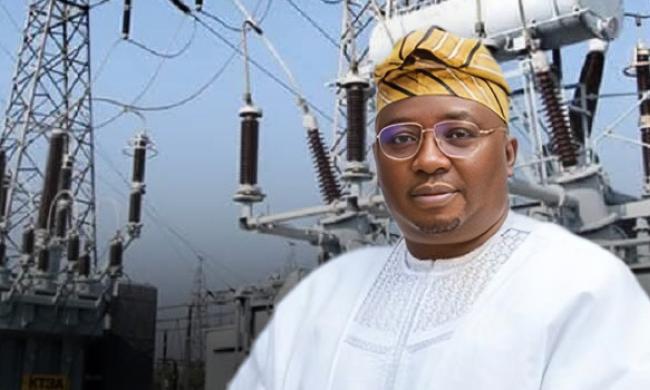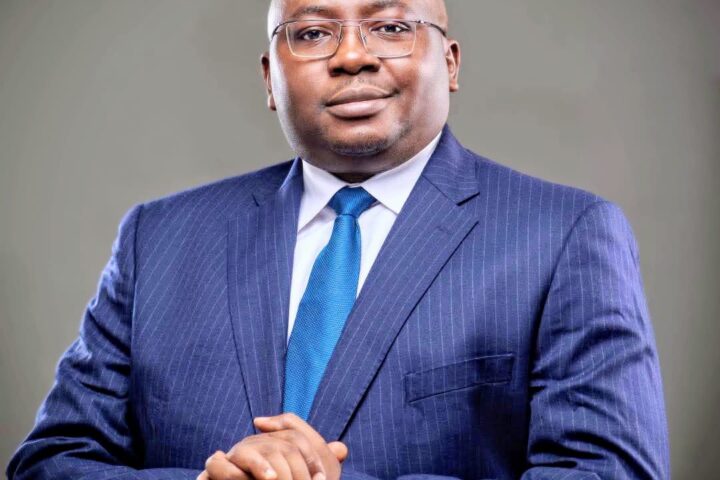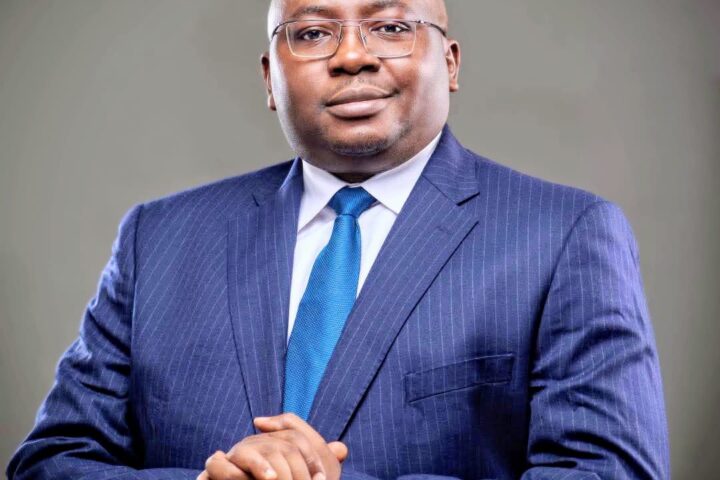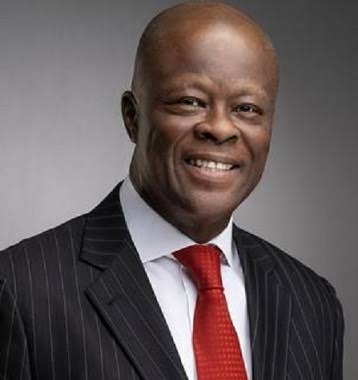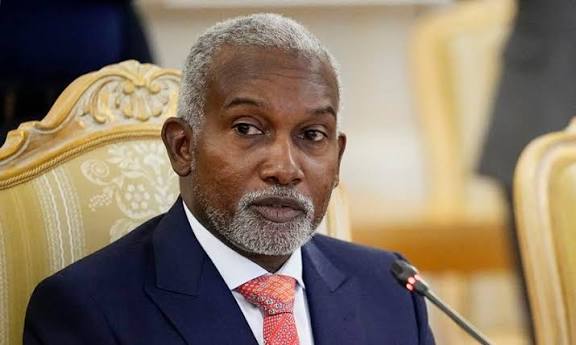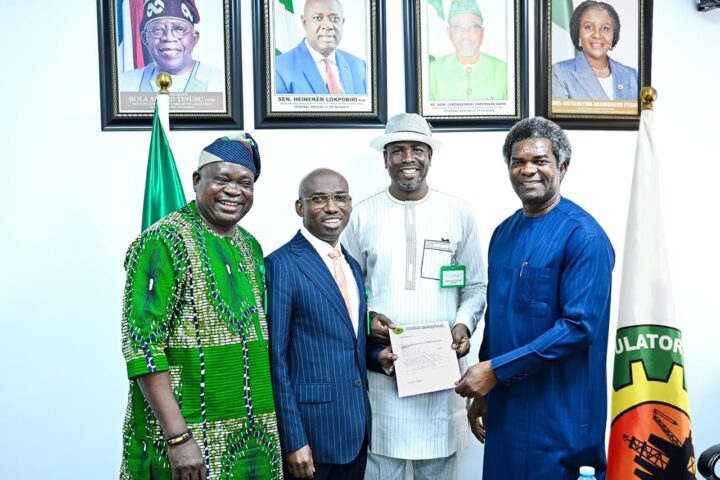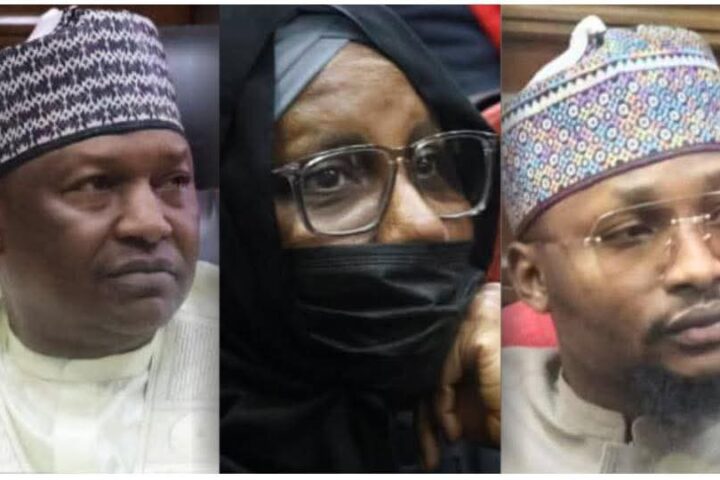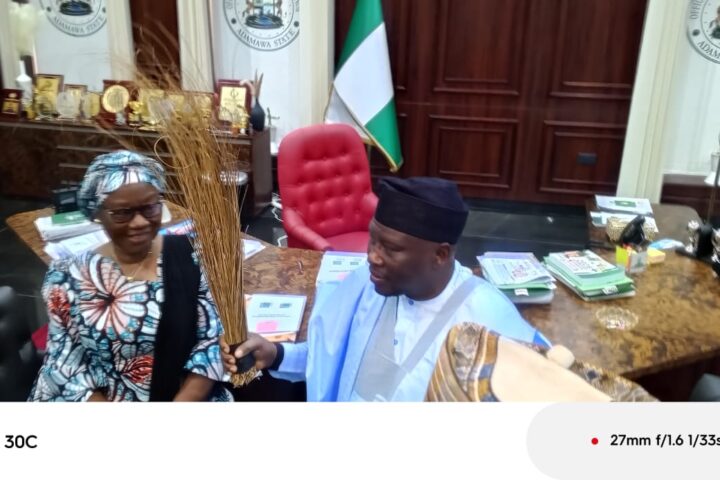Mohammed Shosanya
The Minister of Power, Adebayo Adelabu,has said that added only 2000 megawatts of power to the national grid in the last 40 years.
The minister,who disclosed this in Lagos, during his keynote address at the ongoing 2024 edition of the Nigeria Energy Exhibition and Conference,lamented the country’s worsening performance in the area of power generation.
“But we are over 200 million people, we are still celebrating achieving 5000MW milestone. Why this seems to be an achievement is because it took us almost 40 years to generate additional 2000MW from the 2000MW milestone we achieved in 1984. When we came to the office, we met 4000MW.
“Now, we have taken it to average of 5000MW, with a peak of 5,527MW on the third of September. But we are not deterred. If the last best time was 50 years ago, I believe the next best time is today, and this must wake us up. So, it’s an issue I don’t like to remember”, he said.
He said the sector could easily generate N5 trillion in revenue with the payment of appropriate cost reflective electricity tariff in Nigeria,
He assured that the Nigerian Electric Supply Industry (NESI) could achieve an upside of N2 trillion income by the end of 2024 from the N1 trillion revenue recorded in 2023.
He added: “In electricity tariff, we can easily make N5 trillion in this sector, and we have seen the jump now. From N1 trillion in 2023, I can assure you we will achieve nothing less than N2 trillion for the industry in 2024. And this can only continue to grow.
“If this sector can boast of between N3 trillion and N5 trillion on a yearly basis as industry revenue, we will maintain infrastructure, we will replace dilapidated transformers, broken lines, damages towers. There will be a lot of money to be committed to investment in the sector because infrastructure is about investment.”
According to him,the government had also taken decisive steps to resolve legacy debts to gas suppliers and had secured presidential approval to settle the obligations.
One of the major hindrances militating against the power sector,he said,is the mounting debt .
He said that about N1.3 trillion was being owed power generating companies (Gencos) and $1.3 billion owed gas suppliers.
He said the president approved the gradual defrayment of these debts, adding that the intervention had also helped in ramping up generation from an average of 4000MW to a peak of 5,527MW.
This intervention, he explained, had helped to prevent disruptions in gas supply, ensuring stable electricity generation and providing the much needed reliability to the grid.
He disclosed that one of such as the launch of the Renewable Investment Platform Limitless Energy (RIPLE) programme, with $500 million from the Nigerian Sovereign Investment Authority (NSIA).
He added:“We have finalised the World Bank’s $750 million Distributed Access Through Renewable Energy Scheme (DARES) scheduled to commence next month which will deliver electricity to over 2.5 million people through solar home systems and standalone minigrid and grid-connected minigrid in underserved areas.
“We cannot achieve energy expansion with government spending alone. The entire budget for this year was less than N30 trillion. How much is N30 trillion? And we know that for us to achieve the El Dorado for the power sector, there must be a spending of about $10 billion on a yearly basis for the next 10 years. It must come through private sector investment.”
He said the federal government was targeting the deployment of 1.3 million meters by the end of the second quarter of 2025 using the Nigeria Distribution Sector Recovery Program (DISREP).
He added:“We have expanded Nigeria’s ongoing generation capacity. The commissioning of the 700 megawatts Zungeru Hydroelectric power plant is a major milestone. This has resulted in an average supply of over 5,000 megawatts in the sector to a peak capacity this year of 5,527 megawatts which is close to our central target of achieving 6,000 megawatts generation.
“The DISREP programme aims to install 3.2 million meters out of which 1.3 million meters have been procured with the first set of meters to be delivered by December 2024, while the balance will be delivered by the second quarter next year.”
Adelabu said that the initiative will further reduce estimated billing, enhance transparency and improve liquidity within the energy sector.


